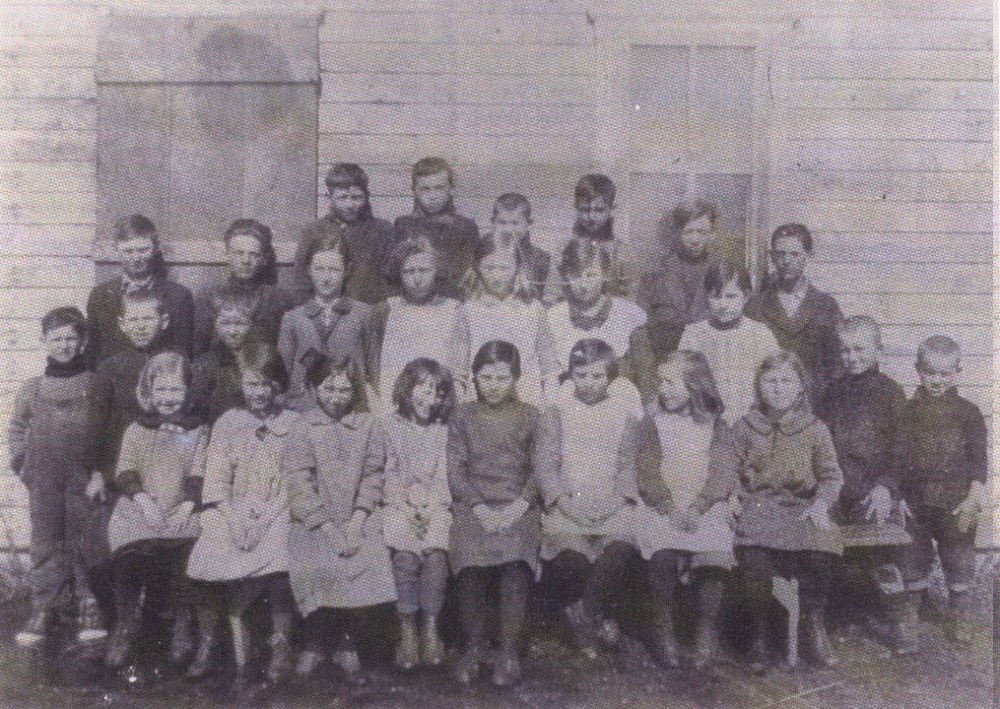COLUMN: Tales from the Gravel Ridge – An inflection point as an opportunity
Advertisement
An inflection point, whether we recognize it or not, is a situation each one of us experiences at one point or another. Indeed, such circumstances may well influence not only our own lives, but the lives of others too.
For most of us, our day to day experiences generally may not seem to have great significance. At some point however, all of us encounter events that significantly alter the trajectory of our personal lives. These could legitimately be placed in the category of an inflection point.
Rosengard, the community of my childhood and youth, was home to a number of families whose members had experienced events and circumstances that radically and irrevocably affected their lives. The Russian Revolution and its aftermath, was such an event, and its reverberations continued to be felt in the lives of those who had experienced unspeakable trauma.

My own parents were at an inflection point when the country in which they had been born and had lived in a relatively peaceful environment, went through a series of cataclysmic events. These included the First World War, the abolition of the Russian monarchy, revolutions, famine, civil war and anarchy, along with the typhus epidemic. The toll all these events took cannot be measured.
These calamitous events had also been experienced by other families whose children were my classmates at the Rosengard School. Our school curriculum, set by the Department of Education of Manitoba, did not include the stories of the ancestors of any of us. Nevertheless, our parents told us the history of their own lives in a far away country. The fact that they had made Canada their new home, meant that they were free to speak about their personal history without fear of reprisal. All of the families in our community had emigrated to Canada from that part of Russia that is now Ukraine. Although the ancestors of some of the families had arrived during the 1870s, all of us nevertheless had significant elements of commonalities. These included sharing the basic tenets of the Christian faith, as understood by Mennonites, and also speaking German and Mennonite Low German.
The children who learned about Canadian history as taught at the Rosengard School, had not experienced the challenges faced by the older families of Rosengard who had arrived in the 1870s, nor those of the more recent arrivals in the 1920s. Our families however had the freedom to tell us of another homeland that all of them had left in their search for a better place to call home. It was not a better physical environment they were seeking but a place of freedom where they could convey to their children what was of utmost importance to them. It was for all of them, an inflection point. Leaving all that was familiar to them, and in many instances, loved ones who remained behind, was no easy matter. It was, however, an opportunity for their young families to begin a new life in Canada.
No doubt those who came to Canada, seeking a new beginning, had many hardships to overcome, including homesickness. But, this inflection point gave the youth and the younger children opportunities to begin a new life in Canada. Seeing these younger generations adapting so readily to a new physical environment, and learning a new language with ease, no doubt created a sense of uneasiness in the minds of their parents. However, while many things changed, the younger generation nevertheless also developed, within the context of the faith, and the culture and language that had been passed on to them, and they continued to pass these on to the next generation.
Inflection points continue in various circumstances. Sometimes these are earth-shattering, requiring enormous adaptations, and at others times needing only minor adjustments. It is of enormous importance that we recognize that the freedoms we currently enjoy are only too easily lost. May we never squander the democratic opportunities that lie before us to seek a better world where justice and equity are available to all of us.
